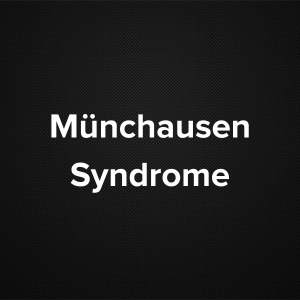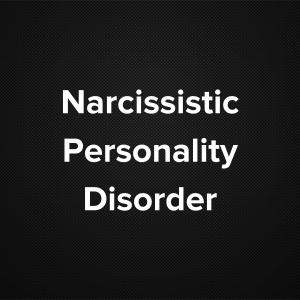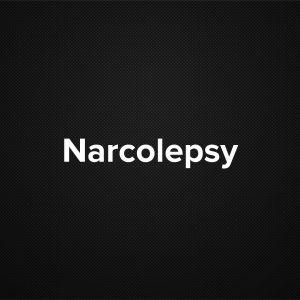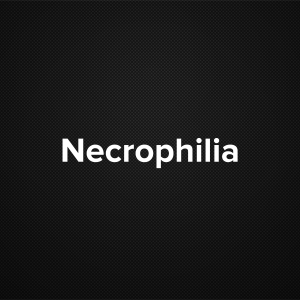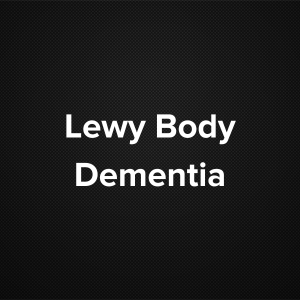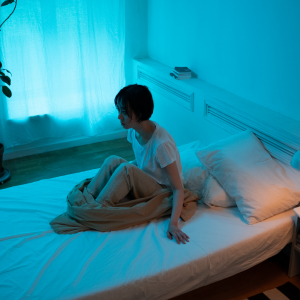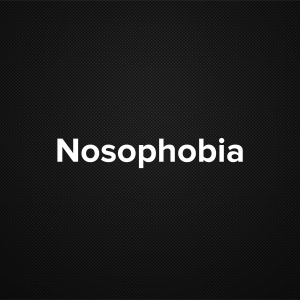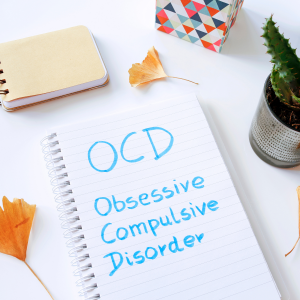Causative & risk factors
The exact cause of schizoaffective disorders is not known.
Family history of schizoaffective disorder, bipolar disorder, or schizophrenia makes an individual more prone to developing a schizoaffective disorder.
Exposure to toxins or viral infections while being in the uterus; and abnormal brain chemistry are other known risk factors. Some patients with schizoaffective disorders have a history of abuse in childhood in the form of bullying, negligence or any other adverse situation.
Clinical presentation
Schizoaffective disorders produce variable symptoms in all affected individuals. The person may experience delusions and hallucinations. Delusions are false beliefs which are not based on reality. Hallucinations are false experiences of hearing, vision, taste etc. The patients experiences intermittent episodes of depression or agitation. He/she may have paranoid thoughts and ideas and episodes of manic moods. There may be phases of rapid activity. The patient’s speech and social interactions are impaired. The patient may display disregard to personal cleanliness.
Investigations
Diagnosis is based on a thorough psychological assessment made by a mental health professional. This condition must be differentiated from schizophrenia and mood disorders.
Certain tests such as a complete blood count, drug screen or an imaging study of the brain (CT/MRI) are carried out to eliminate other diseases or conditions.
Treatment
This condition cannot be cured. Treatment can help the patient to cope up with the symptoms and minimize complications.
Psychotherapy or counseling forms an important part of treatment.
Medications are prescribed depending upon the patient’s symptoms. They may include antipsychotic drugs, mood stabilizing drugs or antidepressant drugs.

